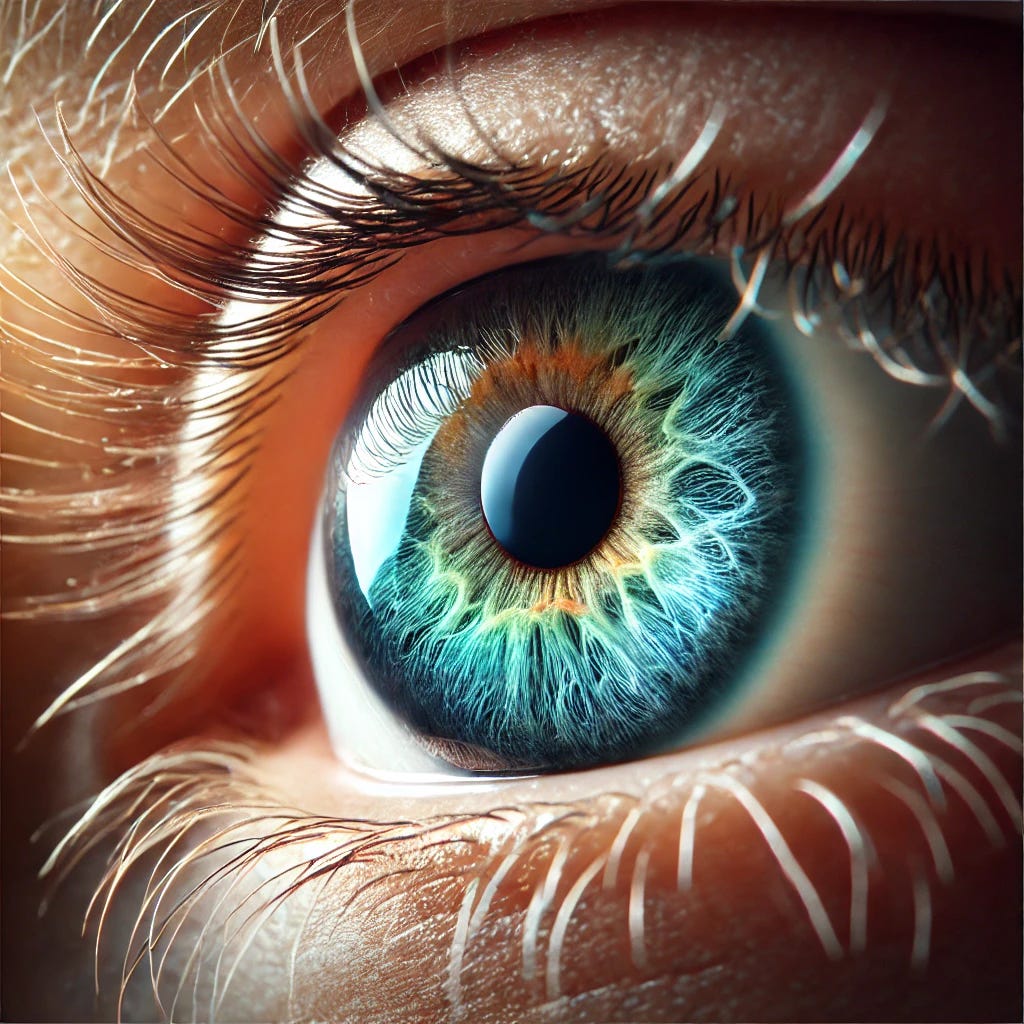The Role of Sleep in Preventing Dry Eyes
Dry eye syndrome is a common condition characterized by insufficient tear production or poor-quality tears, leading to discomfort, blurred vision, and a gritty or burning sensation in the eyes. While many patients are familiar with the role of hydration, diet, and eye drops in managing dry eyes, fewer realize the significant impact that sleep quality and duration have on this condition.
Sleep plays a crucial role in maintaining healthy eyes by giving them time to rest, repair, and regenerate. Poor sleep hygiene can exacerbate dry eyes, while restorative sleep supports tear production and ocular health. In this article, we’ll explore the connection between sleep and dry eyes and provide mainstream and holistic strategies for optimizing your sleep to prevent and manage this condition.
The Link Between Sleep and Dry Eyes
Sleep and Tear Production
During sleep, your eyes are closed, which reduces tear evaporation and allows the tear film to stabilize and repair itself.
Insufficient sleep can disrupt the production of the tear film, a three-layered structure essential for keeping the eyes moist and protected.
Sleep Quality and Inflammation
Chronic sleep deprivation increases systemic inflammation, which can worsen the inflammation already present in dry eye syndrome.
Studies have shown that poor sleep quality is associated with higher levels of inflammatory markers in the tears.
Nocturnal Lagophthalmos
Some people sleep with their eyes partially open, a condition known as nocturnal lagophthalmos. This can cause excessive tear evaporation and worsen dry eyes.
Sleep Disorders and Dry Eyes
Obstructive sleep apnea (OSA), a common sleep disorder, has been linked to an increased risk of dry eye syndrome. OSA can cause oxidative stress and inflammation, both of which can damage the tear film.
Mainstream Approaches to Improve Sleep for Dry Eyes
Address Underlying Sleep Disorders
If you suspect you have a condition like obstructive sleep apnea, consult a healthcare provider. Treatments such as CPAP therapy can improve both sleep quality and ocular health.
Practice Good Sleep Hygiene
Maintain a consistent sleep schedule by going to bed and waking up at the same time every day.
Avoid screens at least an hour before bedtime to reduce blue light exposure, which can interfere with melatonin production and disrupt sleep.
Holistic and Natural Approaches
Optimize Your Sleep Environment
Humidity: Use a humidifier in your bedroom to maintain




